The whole "video games can be art" argument has been done to death. Despite this, the medium is still looked down on and its capabilities are often disregarded. Whether you're a literature enthusiast or a writer yourself, viewing games as a form of literature can crack open a new world of stories. This is not merely because games can present book-like stories between gameplay segments: The medium can do a great deal that other mediums simply can't.
The Foundation: A Medium of Artistic Merit
Let's start here: The idea of a binary "art / not art" switch seems silly to me. Rather, there are many forms of artistic and literary merit that we can find within any given story. It's absurd to dismiss an entire medium's potential to contain such merit. Not every game reaches equal artistic achievement, but the same applies to books, TV shows, films, etc.
Video games are just a medium. They can contain varying degrees of merit just like other mediums. I'm not going to argue that point in this essay. I'll assume you're with me already and plow ahead from there.
The Overlap: Shared Spaces with Traditional Literature
Almost anything you can do in a novel can be done in a video game. It's not uncommon to see narration, vivid written descriptions, snazzy dialogue, and so on, in a game. In fact, the first game that really opened up my eyes to the power of the medium was—in large part—written like a novel.
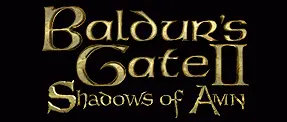 That game was Baldur's Gate II: Shadows of Amn, a fantasy story where you play as the Bhaalspawn—a child of the now-dead God of Murder. While its fantasy trappings carry the same appeal as your traditional quest story, its real draw is its contemplation of the soul (or spark of humanity, if you prefer). The main character has to struggle against their own nature because their soul is, quite literally, tainted by evil. The antagonist represents a perpendicular dilemma: Jon Irenicus has been stripped of his soul entirely.
That game was Baldur's Gate II: Shadows of Amn, a fantasy story where you play as the Bhaalspawn—a child of the now-dead God of Murder. While its fantasy trappings carry the same appeal as your traditional quest story, its real draw is its contemplation of the soul (or spark of humanity, if you prefer). The main character has to struggle against their own nature because their soul is, quite literally, tainted by evil. The antagonist represents a perpendicular dilemma: Jon Irenicus has been stripped of his soul entirely.
This is not merely "go there, kill bad guy." This is a serious consideration of what it means not only to be good but to be a person. Irenicus is a villain of destructive numbness. While the gameplay sections may carry the story forward in their own way, it is the dialogue that really nails the whole thing down and allows for a rich thematic exploration.
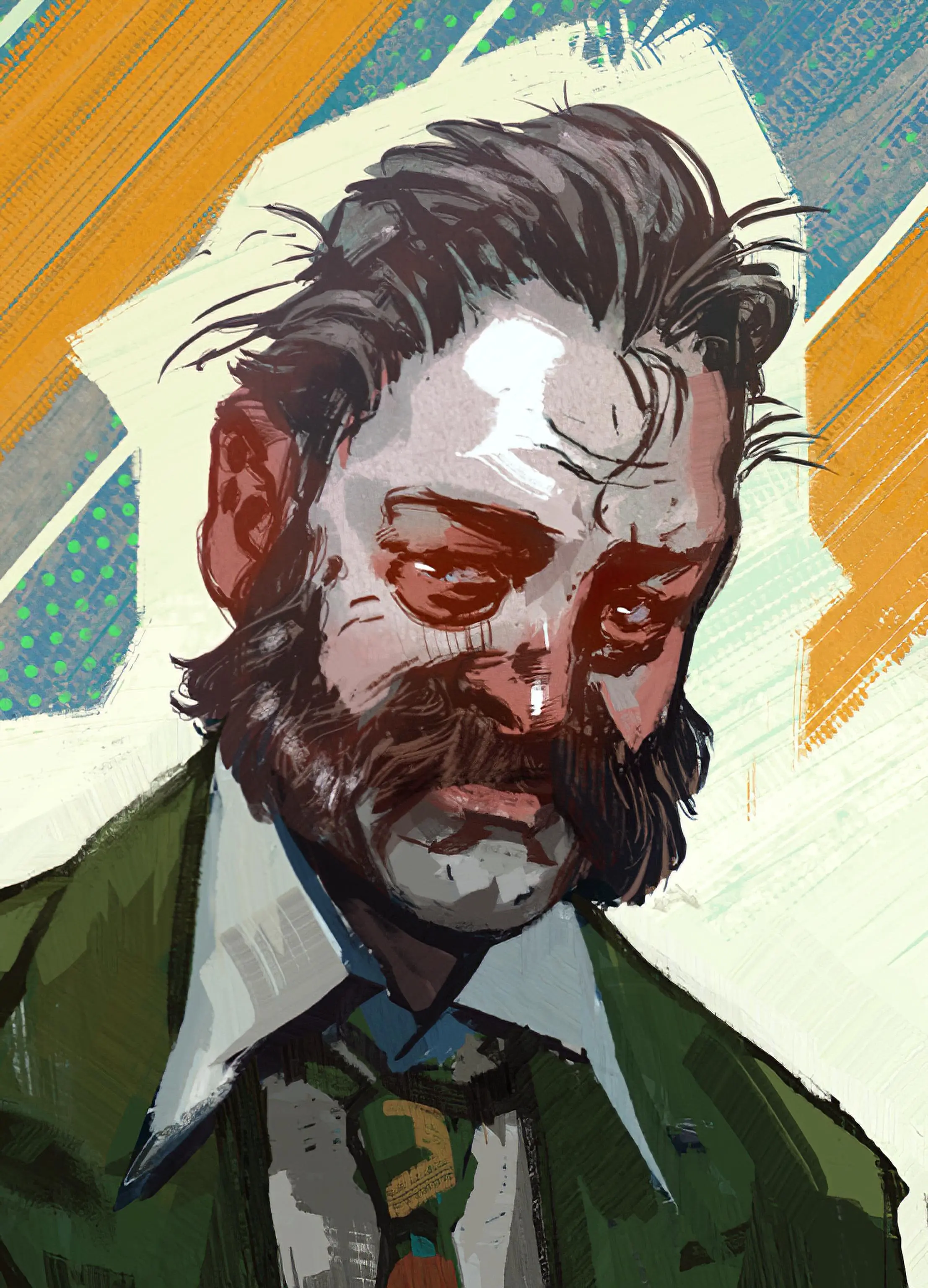
In more recent releases, we see games like To the Moon and Disco Elysium, rich with descriptions and dialogue. In To the Moon, we have a near-future story where a new technology lets people re-write their own memories while on their death beds. It is, yes, a contemplation of what it means to have dreams for your life, but it's also one of the most empathy-driving explorations of autism that I've ever seen. In Disco Elysium, the setting is an alternate version of an Eastern European nation, and you play the role of a self-destructive detective. It's a Kafka-esque twist on your standard noir.
I'm not going to argue that text-based communication is ideal in games. However, if only because this option remains on the table, you can find a one-to-one translation of many types of merit found in novels.
Unique Offerings: Interactivity as Artform
Even this, however, is not what I'm trying to communicate. Video games are not just "books but with other junk on the side." I'm not even talking about the merits of branching paths: I'm going to assume that, if you wanted, you could do this in a choose-your-own-adventure or hyperlink book. There are, to my reckoning, at least five major things that video games can do that no other medium can.
1) Individual stories from gameplay

This may be the weakest offering, but it's still worth noting that the lack of definitive story paths can open up a new possibility space. While uncurated (at least in the traditional sense), there's a power to having stories that are unique to each player.
Here, I'm not referring to the choices your Shepherd makes in Mass Effect or the ending you chose in Fable. I'm referring more to the way that gameplay experiences can generate story outside of developer-created choices. I love the Fire Emblem series, for instance—and while your Chrom may be bland and uninteresting, mine is great. He defied the odds by protecting his younger sister from a brigand army as they made a daring escape through the forest.
In Her Story—which has been reviewed by our own Christopher Shultz—the way you connect the pieces is up to you. Story reveals may happen in an unanticipated order, but the discovery will always be personal and self-driven. In FTL, the player's choices can imply whether the rebels (who you're fighting throughout the game) are justified or terrible. In Shadow of Mordor, the game is built around a nemesis system that lets you generate rivalries and ongoing feuds with individual enemies. Close calls, tragic deaths, and heroic moments can happen in unplanned but serendipitous ways. When the stars align just right, it can create memorable stories that are unique to the individual player.
2) Settings that are truly immersive
An effective writer can create a rich setting that serves almost as a character. The attention of the reader can be drawn to specific elements of that setting (which is a power that's limited in video games). However, video games have the power to fully immerse players in the setting. Players can, quite literally, explore the setting as much as they'd like. This also opens up new possibilities for environmental storytelling.

This is often most powerful in horror stories. Resident Evil 2 famously creates a setting that mirrors the psychological strain of its main character. More recent works in that same franchise continue the trend—as noted by Max Booth III in his examination of how Resident Evil 7 can make you a better horror writer.
This strength is not limited to horror, of course. The setting and cast of Persona 4 gets you attached to the town of Inaba itself, making the serial murders that much more threatening. The collapsing city in Transistor helps showcase the enemy's threat while creating a memorable "personality" for the setting. The setting of Fallout: New Vegas is, arguably, the best thing about that entire franchise. You get the idea.
3) Decision points that fully confront the audience
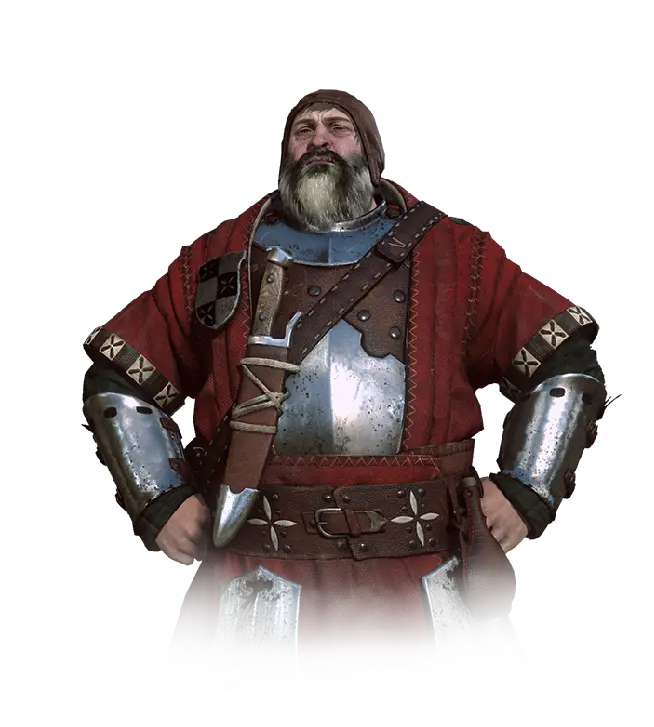
Let's say I want to tell you a story about dealing with a character who has done terrible things but legitimately seems to want a shot at redemption. Let's say I want a lead character who struggles with the choice of whether this redemption should be offered. If I tell you this story in written fiction—and I do it well—you may empathize with the lead character and desperately want to see what choices they will make. However, if I tell it to you through a video game, you have to fully internalize the situation and confront the difficult choice for yourself.
The above scenario is similar to the Bloody Baron quest in The Witcher 3: Wild Hunt. Phillip Strenger (known as "The Bloody Baron") is seeking his wife and daughter, who he believes have been kidnapped. As you investigate the case, you learn that the Baron is an abusive, alcoholic asshole, and his wife and daughter left of their own accord. You discover that his wife fell in with, let's say, the wrong crowd, and now she's paying for that decision. And amidst all this, you get to know how deeply the Baron wants another chance and how fully he regrets his actions. Knowing all that you know—and not knowing how your choices might play out—do you tell him about his daughter's whereabouts? Do you prioritize helping him rescue his wife over helping other innocents? What if helping him here will get you one step closer to finding your own missing daughter?
Whatever you choose, the outcome is imperfect. But, by being interactive, the medium goes beyond empathy. Most players will not ask "what should Geralt do?" They will ask, "What should I do?" And when executed right, there is immense power in this direct confrontation with a difficult decision.
4) Mechanics that serve as thematic metaphors

Gameplay does not have to be a side dish for the story. It can be part of the main course, in one of two ways. The first is using mechanics as metaphor.
In Celeste, the main character's journey of self-discovery is metaphorized as a climb up a mountain, which is a traditional type of story metaphor. However, the character's self-reconciliation is metaphorized by the new abilities gained: Self-soothing through an anxiety attack is metaphorized as levitating a feather in midair, and learning this ability helps you fly. Battling one's inner demons is shown as a violent, ongoing confrontation with a shadow self—and a conflict that can only truly be overcome when the violence stops and you learn to accept and work with yourself.
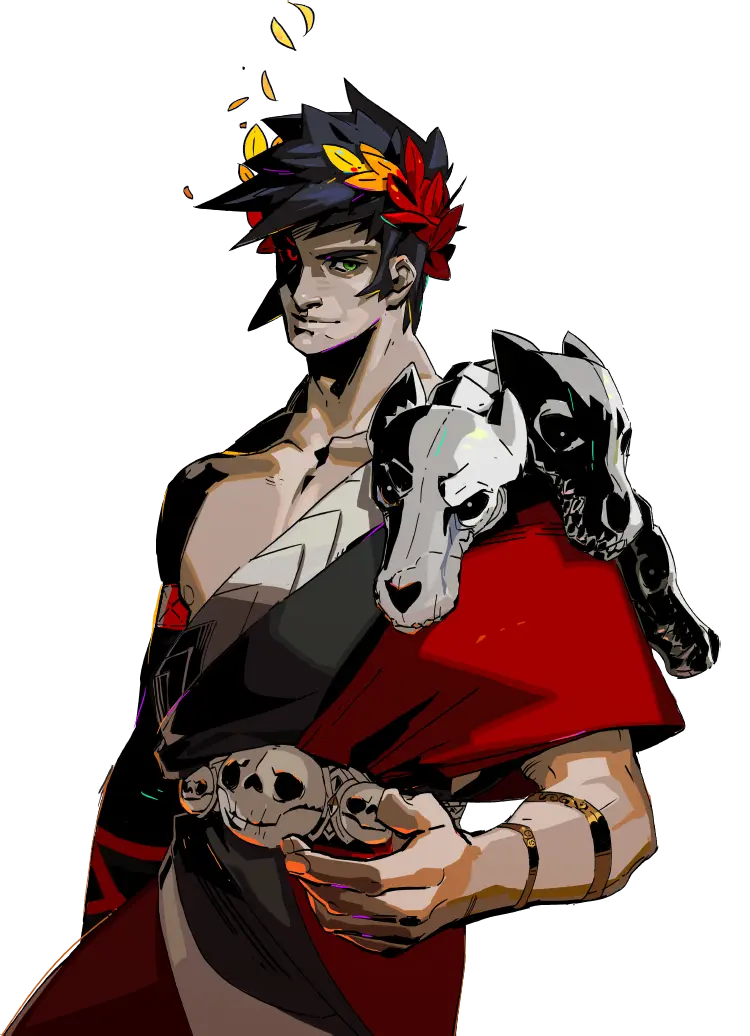
In Vampyr, you only gain experience by going all vamp-y: Sucking the blood of innocents makes you stronger. As the game progresses, you start to feel the weight of being weaker than enemies unless you allow yourself to feed. That desire for power, and the need to weigh one's morality against one's ability to survive in the world, is a potent metaphor for what the character feels—and serves well for the game's overall themes.
In Undertale, the subversion of traditional JRPG gameplay shows a world where violence is simple and morality is hard. In Hades, your relentless attempts to escape hell are reflected in both gameplay and story. In The World Ends with You, you can only survive the challenging combat by helping Neko learn to work with others. The list of games with mechanics as metaphor (or as a resonant motif) is practically endless.
There are many ways that mechanics can serve as a thematically rich motif, enhancing theme, plot, or characters. By presenting an element of the work in a way that's directly experienced by the player, video games can further emphasize the story's perspective.
5) The opportunity for ludonarrative harmony
Kitty-corner to the mechanics-as-metaphor element is that of ludonarrative harmony. (Ludo = game / play.)
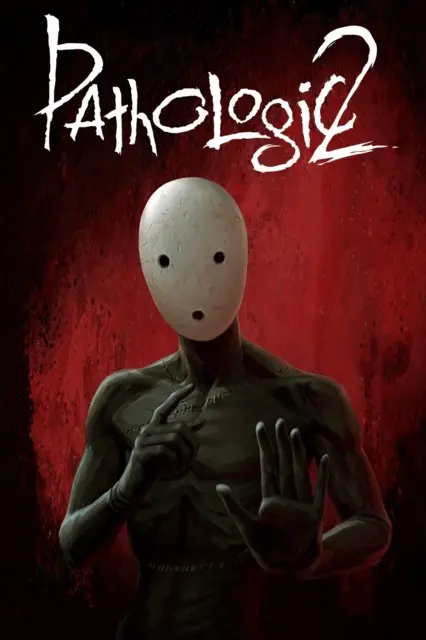
Sometimes, games undermine themselves by contradicting the message of one story scene with the mechanical elements that surround it. Here's a classic example: In the story, you confront a morally gray villain and must decide whether to spare him. That can be an interesting choice on its own—but if it comes at the end of a twenty minute segment where you shot dozens of nameless underlings, the message about violence simply can't land. This issue is called "ludonarrative dissonance." As much as some game critics have pushed the idea of ludonarrative dissonance, though, most fail to acknowledge the reverse: The game and story can function in sync, creating ludonarrative harmony.
Ideally, whenever you're executing mechanics as metaphor, you're also creating ludonarrative harmony. However, you don't need to be creating a metaphor for this harmony to exist. In Pathologic 2, for instance, there is no great metaphor behind the surging prices and increasingly hostile surroundings in your quarantined city. However, by making these struggles occur in ways that directly impact the experience of the player, the audience and the avatar draw closer: The player feels the things the protagonist is meant to feel.
In Darkest Dungeon, you become the villain because the mechanics incentivize heartlessness. In Thracia 776, the grueling difficulties and limited supplies of the Manster arc make you feel like you're on the brink of doom—and allow the escape from Manster to cause very real elation in the player. In Little Inferno, the obsessive, clicker-game mechanics reflect the purposeless obsession of the main character.
Many games have explored experiences beyond "have fun, stay excited, feel good about yourself" as emotional states for the player. When the gameplay is executed effectively, it can help the player connect at a fundamental level to the experiences of the story's lead.
The Conclusion: Games as Literature
I've already gone on longer than I meant to, so I'm going to cast the net wide for now: Every lesson writers can learn about literature from books can also be learned from video games. Video games have unique lessons as well, sometimes due to individual works and sometimes due to the strengths of the medium.
No, it's not every video game. No, not every element of artistic merit translates to or from the video game format. So … who cares? Mine games for the bits you appreciate and the bits you can use—then discard the rest.
It's easy to view games according to their old reputation: childish time-wasters that are purely about adrenaline-packed (but shallow) fun. However—both for story enthusiasts and creators—games can offer far more. It is a medium still in its infancy, but it carries immense and unique potential for expression. By viewing games as a form of literature, countless new stories and approaches to storytelling will fall within your grasp.
P.S. In writing this article, I've realized how damn much I have to say on the topic. Beyond the many games listed as examples above, I've thought bringing up the literary strengths of Path of Radiance, Final Fantasy VII, Oxenfree, Frog Fractions, The Last of Us, Bastion, Doki Doki Literature Club, XCOM, Eliza, Brothers: A Tale of Two Sons, KOTOR, The Dig, Danganronpa, Dead Space, Ori and the Blind Forest, and about a hundred other games. If you're interested in hearing more, let me know! If there's enough traction, I may write some literary analyses on specifics games, look at the history of the gaming medium, and otherwise explore this topic.

About the author
Rob is a writer and educator. He is intensely ADD, obsessive about his passions, and enjoys a good gin and tonic. Check out his website for multiple web fiction projects, author interviews, and various resources for writers.








